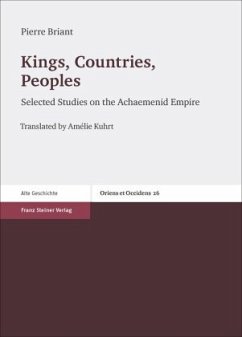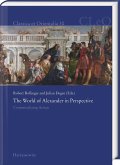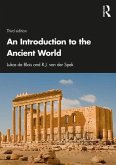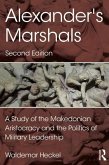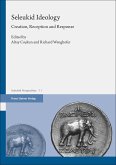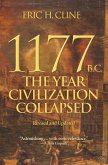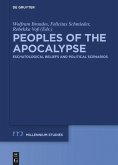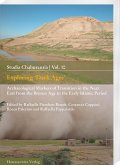Pierre Briant's work focuses particularly on the Achaemenid Empire, Alexander the Great and the Hellenistic Kingdoms. For the first time a selection of articles, originally published between 1979 and 2008, is now available in an English translation. The essays, translated by Amélie Kuhrt, deal with a wide range of topics, from regional studies to more universal subjects. A thought-provoking introduction gives a deeper understanding of his thinking by sometimes adopting his conclusions and by occasionally questioning his ideas and presenting an alternative line of thought. Thus, Kings, Countries, Peoples gives us an insight into the evolution of Pierre Briant's work.
Bitte wählen Sie Ihr Anliegen aus.
Rechnungen
Retourenschein anfordern
Bestellstatus
Storno

